Home>Articles>How To Keep Squirrels And Rabbits Out Of Garden
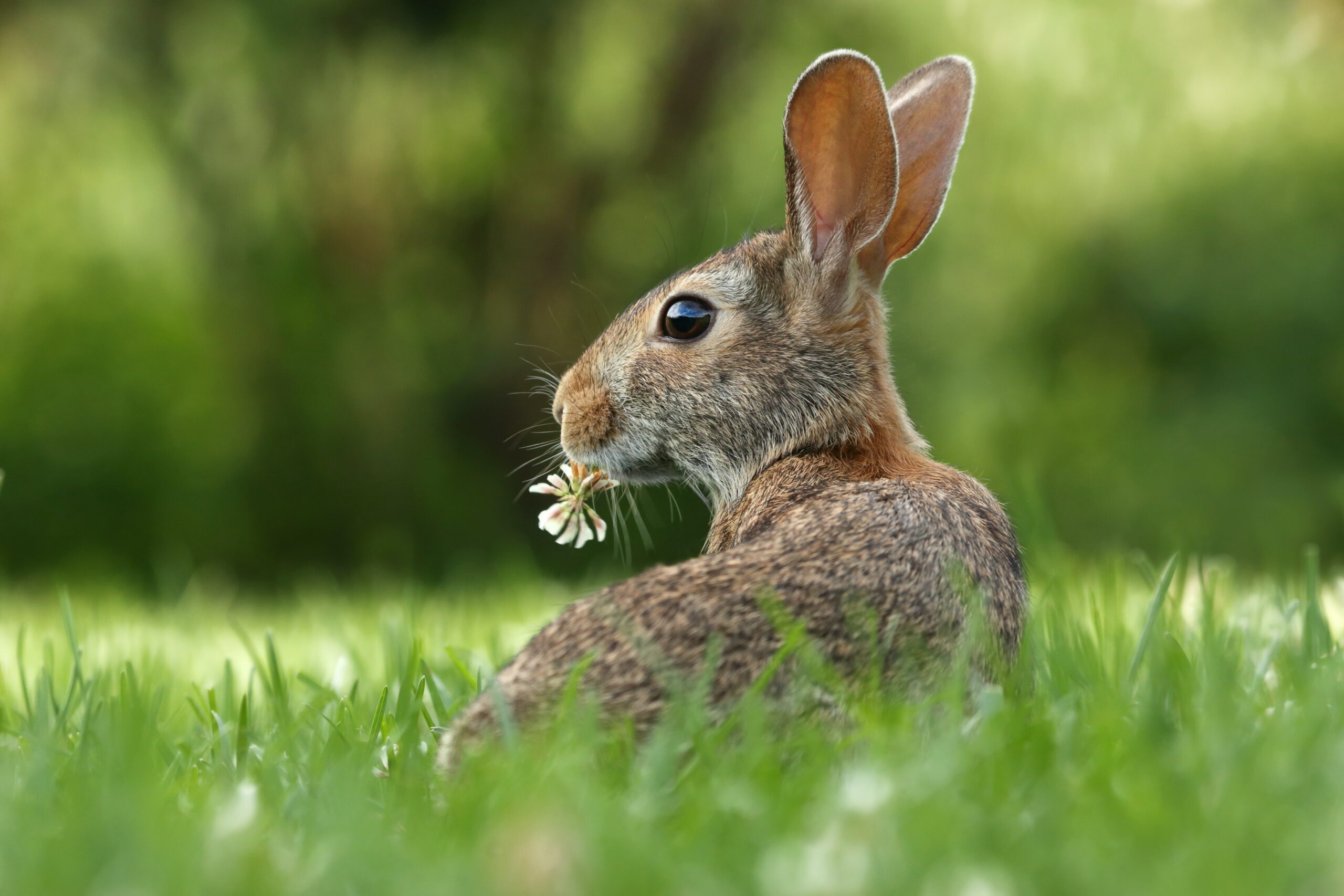

Articles
How To Keep Squirrels And Rabbits Out Of Garden
Modified: February 26, 2024
Learn effective gardening techniques to keep squirrels and rabbits out of your garden. Protect your plants and enjoy a thriving garden with our expert tips!
(Many of the links in this article redirect to a specific reviewed product. Your purchase of these products through affiliate links helps to generate commission for Storables.com, at no extra cost. Learn more)
Introduction
Gardening is a rewarding and delightful hobby that allows us to connect with nature and create beautiful landscapes. However, it can be quite frustrating when squirrels and rabbits decide to make our gardens their personal buffet. These adorable creatures may seem harmless, but they can wreak havoc on our plants, causing damage to flowers, vegetables, and even trees.
Understanding the habits and behaviors of these garden invaders is essential to effectively keep them out of your garden. In this article, we will explore different strategies to protect your garden from squirrels and rabbits and keep your hard work safe from their voracious appetites.
Key Takeaways:
- Protect your garden from squirrels and rabbits by creating physical barriers like fences, netting, and raised beds. Use natural repellents, scare tactics, and proper harvesting techniques to deter these garden invaders effectively.
- Implement a combination of strategies to minimize squirrel and rabbit damage in your garden. From physical barriers to scare tactics and proper harvesting, proactive measures can help protect your plants and maintain the beauty of your outdoor space.
Read more: How To Keep Squirrels Out Of Gutters
Understanding the Problem
In order to effectively protect our gardens from squirrels and rabbits, it is important to first identify these common garden invaders and understand their habits and tendencies.
Common garden invaders:
- Squirrels: Squirrels are small, agile rodents known for their scampering movements and bushy tails. They are primarily herbivorous creatures that feed on a variety of nuts, seeds, fruits, and vegetables.
- Rabbits: Rabbits are small mammals known for their long ears and fluffy tails. They are herbivores and have a voracious appetite for tender plants, including flowers, vegetables, and even tree bark.
Habits of squirrels and rabbits:
- Squirrels: Squirrels are active during the day and are known for their agility and ability to climb trees with ease. They tend to dig holes in the ground to bury their food, and they have sharp teeth that allow them to chew through fences and other barriers.
- Rabbits: Rabbits are also active during the day and have a tendency to feed in the early morning and late afternoon. They have strong hind legs that enable them to jump high, and they are known for their ability to reproduce quickly, making them a prolific garden pest.
Now that we have identified the common garden invaders and understood their habits, we can move on to implementing strategies to keep them out of our gardens. It’s important to note that while these strategies may help diminish squirrel and rabbit damage, they may not guarantee complete eradication as these animals are highly adaptable. With that said, let’s dive into some effective methods to protect your garden from these furry intruders.
Creating Physical Barriers
One of the most effective ways to deter squirrels and rabbits from accessing your garden is by creating physical barriers that prevent them from entering or reaching your plants. Here are some strategies you can employ:
- Building fences and walls: Constructing a sturdy fence or wall around your garden can be a highly effective deterrent. Ensure that the fence is at least three feet high, with an additional 12 inches buried underground to prevent rabbits from digging underneath. For squirrels, it’s important to use a material they cannot easily climb, such as smooth metal or plastic.
- Installing netting or chicken wire: Using netting or chicken wire is another effective option to protect plants from squirrel and rabbit damage. Install the netting or wire around your garden beds or individual plants, ensuring that it is securely anchored to the ground and covers the entire area. This will prevent squirrels and rabbits from accessing the plants.
- Using raised beds or containers: Planting your garden in raised beds or containers can provide an added layer of protection. Squirrels and rabbits are less likely to reach plants that are elevated off the ground. Additionally, containers can be moved to different locations, making it more difficult for these garden invaders to locate and access your plants.
By employing these physical barriers, you can significantly reduce the chances of squirrels and rabbits damaging your garden. However, it’s important to regularly inspect and maintain these barriers to ensure their effectiveness.
Natural Repellents and Deterrents
In addition to physical barriers, there are several natural repellents and deterrents that can help deter squirrels and rabbits from your garden. These methods utilize plants, scents, and homemade sprays to discourage these garden invaders:
- Planting squirrel and rabbit-resistant species: One effective approach is to choose plants that squirrels and rabbits are less likely to consume. Squirrels tend to avoid plants with strong aromas, such as daffodils, lavender, and hyacinths. Rabbits are deterred by plants like marigolds, salvias, and cacti. Including these resistant species in your garden can help protect your other vulnerable plants.
- Using strong-smelling plants or herbs: Squirrels and rabbits are repelled by strong scents. Planting garlic, onions, or herbs like rosemary and mint around your garden can create a deterrent effect. The strong odors can confuse, irritate, or simply repel these garden invaders.
- Spraying homemade deterrents: You can create homemade spray repellents using natural ingredients. One popular recipe utilizes a mixture of water, cayenne pepper, and dish soap. Combine these ingredients in a spray bottle and apply the solution to your plants. The spicy nature of the cayenne pepper will deter squirrels and rabbits, while the soap acts as a sticking agent. Remember to reapply the spray after rain or regularly to maintain its effectiveness.
By incorporating these natural repellents and deterrents into your gardening routine, you can discourage squirrels and rabbits from feasting on your plants. However, it’s important to note that these methods may need to be combined with other strategies for optimal results.
Place wire mesh or hardware cloth around the perimeter of your garden to prevent squirrels and rabbits from entering. Make sure it is buried at least 6 inches deep to deter digging.
Scare Tactics
Scare tactics can be highly effective in deterring squirrels and rabbits from your garden. By creating an environment that these garden invaders perceive as unsafe or threatening, you can discourage them from approaching your plants. Here are some scare tactics that you can employ:
- Implementing motion-activated devices: Motion-activated devices, such as sprinklers or noise-making devices, can startle squirrels and rabbits when they approach your garden. The sudden bursts of water or unexpected sounds can deter them from returning. Place these devices strategically near areas where squirrels and rabbits are commonly seen.
- Hanging reflective objects or wind chimes: Squirrels and rabbits can be frightened by shiny or reflective objects. Hang aluminum foil strips, old CDs, or reflective tape near your garden to create a deterrent effect. Similarly, wind chimes can create noise and movement that can unsettle these garden invaders.
- Scarecrow or decoy strategy: Traditional scarecrows have long been used to frighten birds away from crops, but they can also be effective in deterring squirrels and rabbits. Place a scarecrow in your garden to create the illusion of a potential threat. You can also use decoy animals, such as plastic snakes or owls, to create a sense of danger for these garden invaders.
By incorporating scare tactics into your gardening approach, you can make your garden an unwelcoming place for squirrels and rabbits. Remember to regularly change the position and appearance of scare devices to maintain their effectiveness.
Read more: How To Keep Squirrels Out Of My Garden
Harvesting Techniques
Proper harvesting techniques are essential not only for maximizing the quality and flavor of your crops but also for minimizing the attraction of squirrels and rabbits to your garden. Here are some important considerations for harvesting:
- Picking crops at the right time: Harvest vegetables and fruits when they are fully ripe. Overripe or rotting produce is more likely to attract squirrels and rabbits. Regularly check your garden and harvest crops promptly to prevent them from becoming a tempting feast.
- Storing harvested produce properly: Once you have harvested your crops, it is important to store them properly to minimize the risk of attracting squirrels and rabbits. Store fruits and vegetables in sealed containers or refrigerate them to keep them fresh. Proper storage not only preserves the quality of your produce but also reduces the scent that can draw these garden invaders.
- Preventing attractants in the garden: Squirrels and rabbits are attracted to certain scents and food sources. Avoid leaving fallen fruits or vegetables in your garden, as they can serve as a magnet for these pests. Regularly clean up any debris or fallen plant matter to eliminate potential attractants. Additionally, be cautious when using bird feeders, as the spilled seeds can also entice squirrels and rabbits.
By implementing proper harvesting techniques, you can minimize the attractiveness of your garden to squirrels and rabbits. Removing potential food sources and properly storing harvested produce are important steps in reducing their interest in your garden.
Conclusion
Squirrels and rabbits can often become unwelcome guests in our gardens, causing damage to our plants and disrupting the beauty and functionality of our outdoor spaces. However, by implementing a combination of strategies, we can protect our gardens and deter these garden invaders.
Creating physical barriers such as fences, netting, and raised beds can be effective in preventing squirrels and rabbits from accessing vulnerable plants. Using natural repellents and deterrents, such as planting resistant species and incorporating strong-smelling plants or herbs, can help make your garden less appealing to these pests. Additionally, scare tactics such as motion-activated devices, reflective objects, and scarecrows can create an environment that discourages squirrels and rabbits from approaching your plants.
Implementing proper harvesting techniques, such as picking crops at the right time and storing harvested produce properly, can also reduce the attraction of your garden to these garden invaders. By removing potential food sources and maintaining a clean garden space, you can significantly decrease the likelihood of squirrels and rabbits causing damage.
While it may be challenging to completely eliminate squirrels and rabbits from your garden, integrating a variety of strategies and consistently applying them can help minimize the damage they cause. Remember to regularly assess and adjust your tactics as needed, as these garden invaders can be highly adaptable.
By taking proactive steps to protect your garden, you can ensure the health and beauty of your plants while still enjoying the wonders of nature right in your own backyard.
Frequently Asked Questions about How To Keep Squirrels And Rabbits Out Of Garden
Was this page helpful?
At Storables.com, we guarantee accurate and reliable information. Our content, validated by Expert Board Contributors, is crafted following stringent Editorial Policies. We're committed to providing you with well-researched, expert-backed insights for all your informational needs.
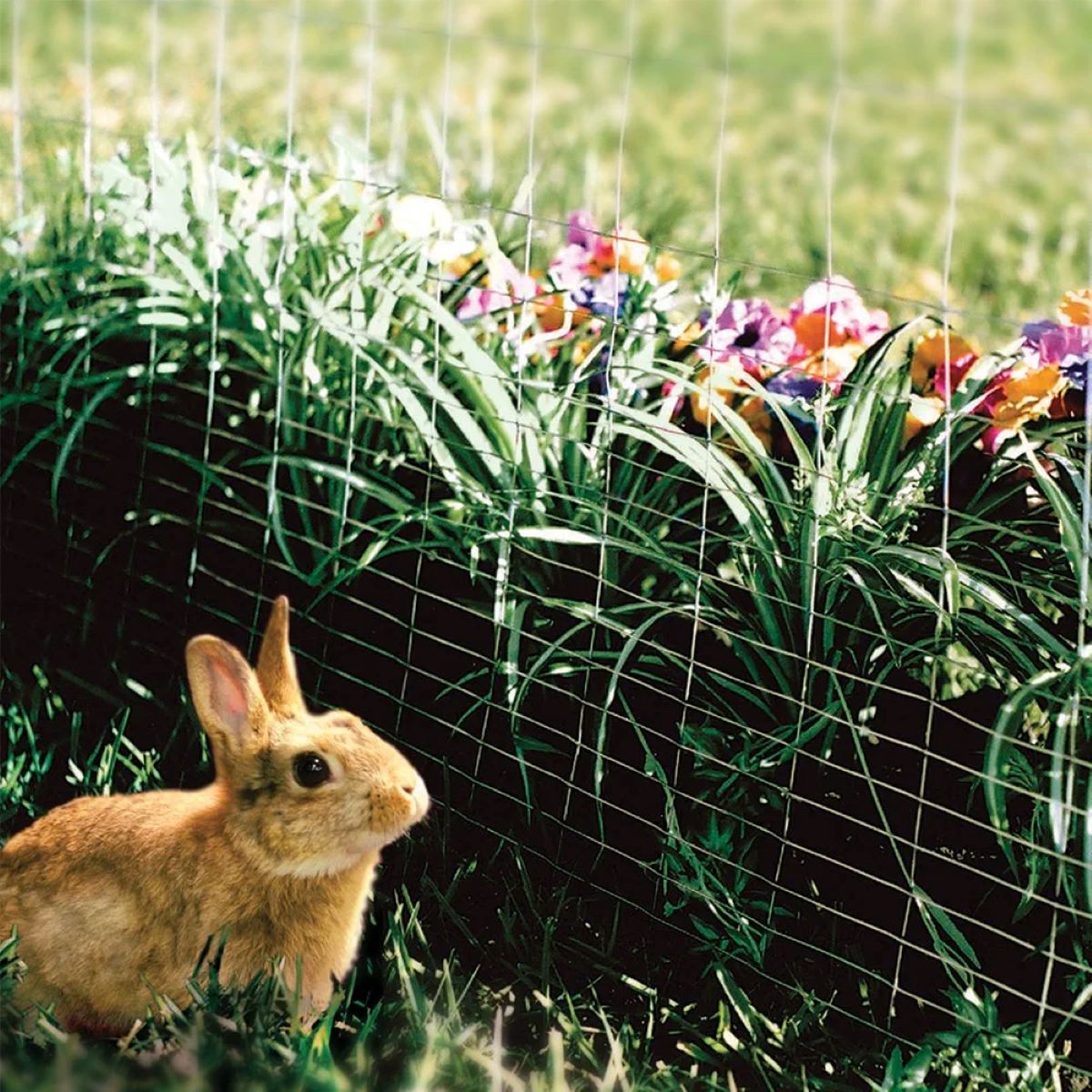
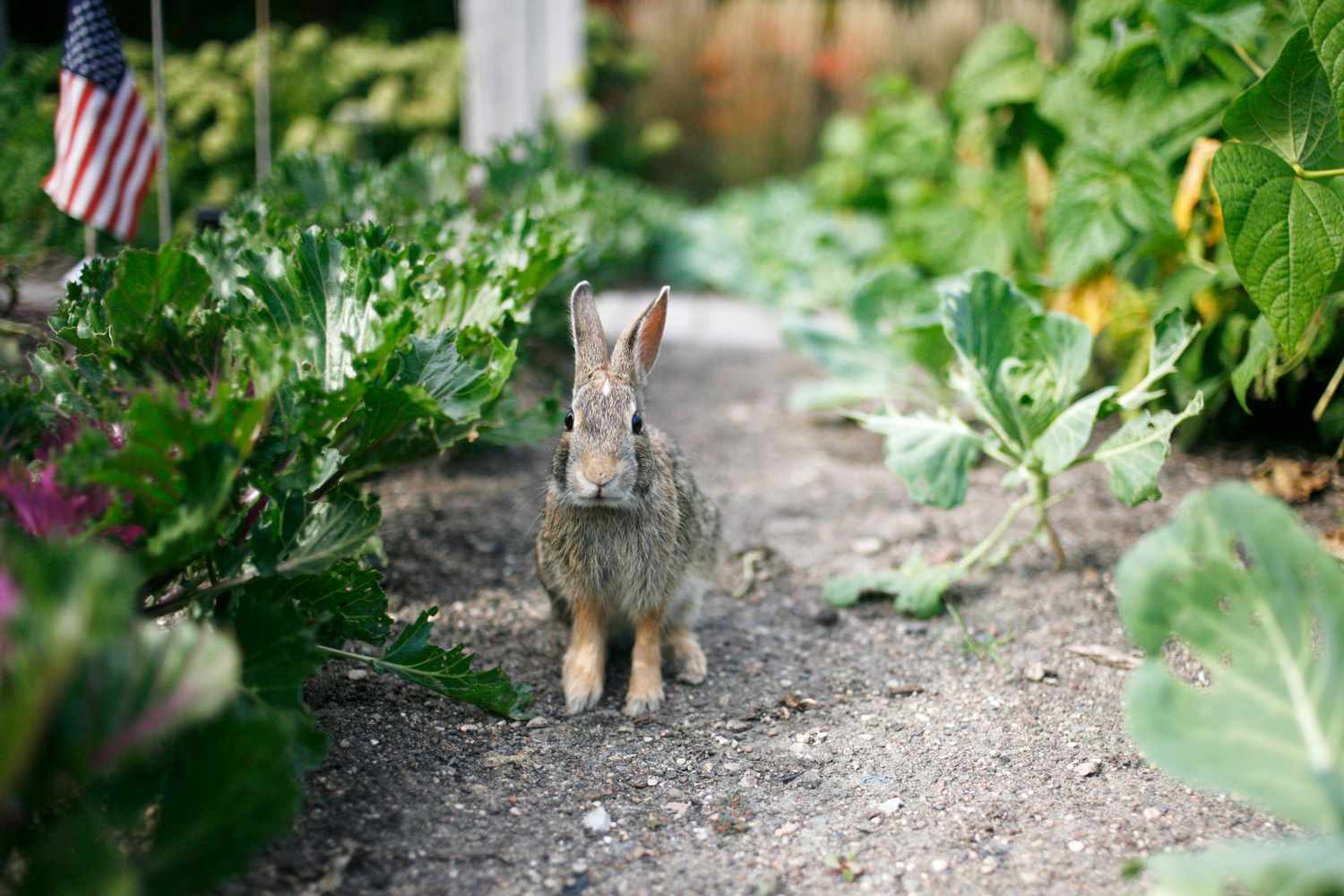
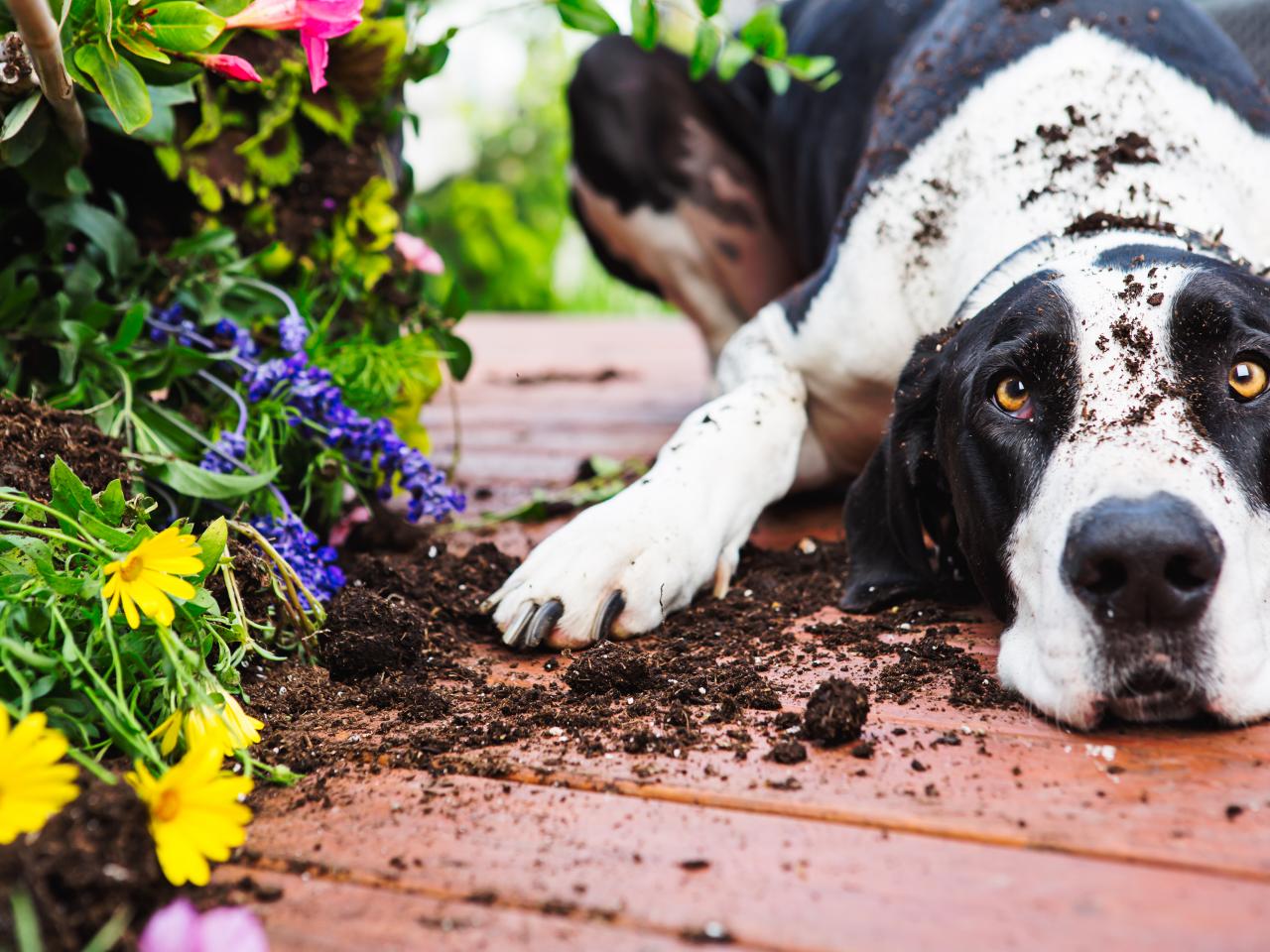
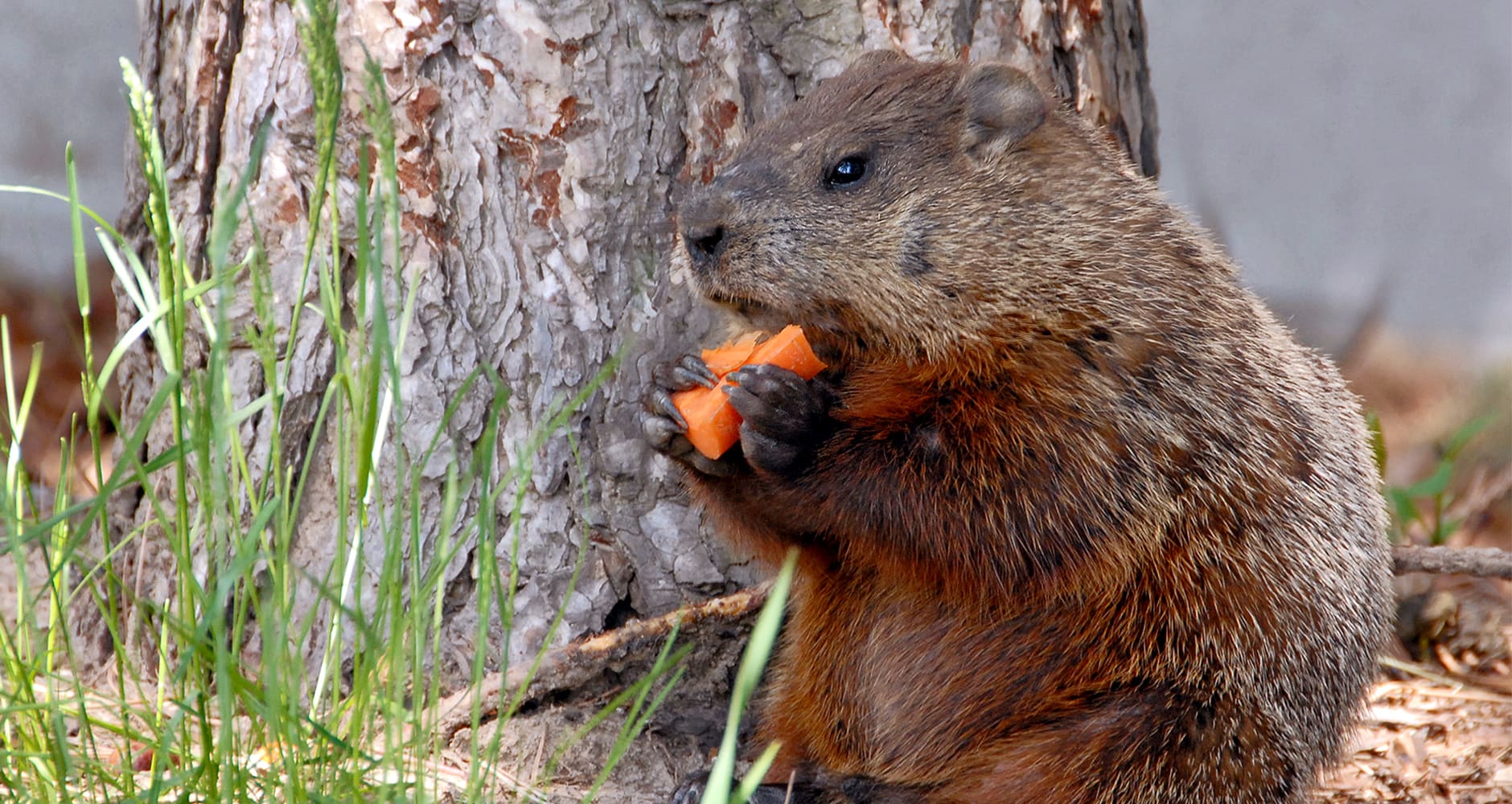
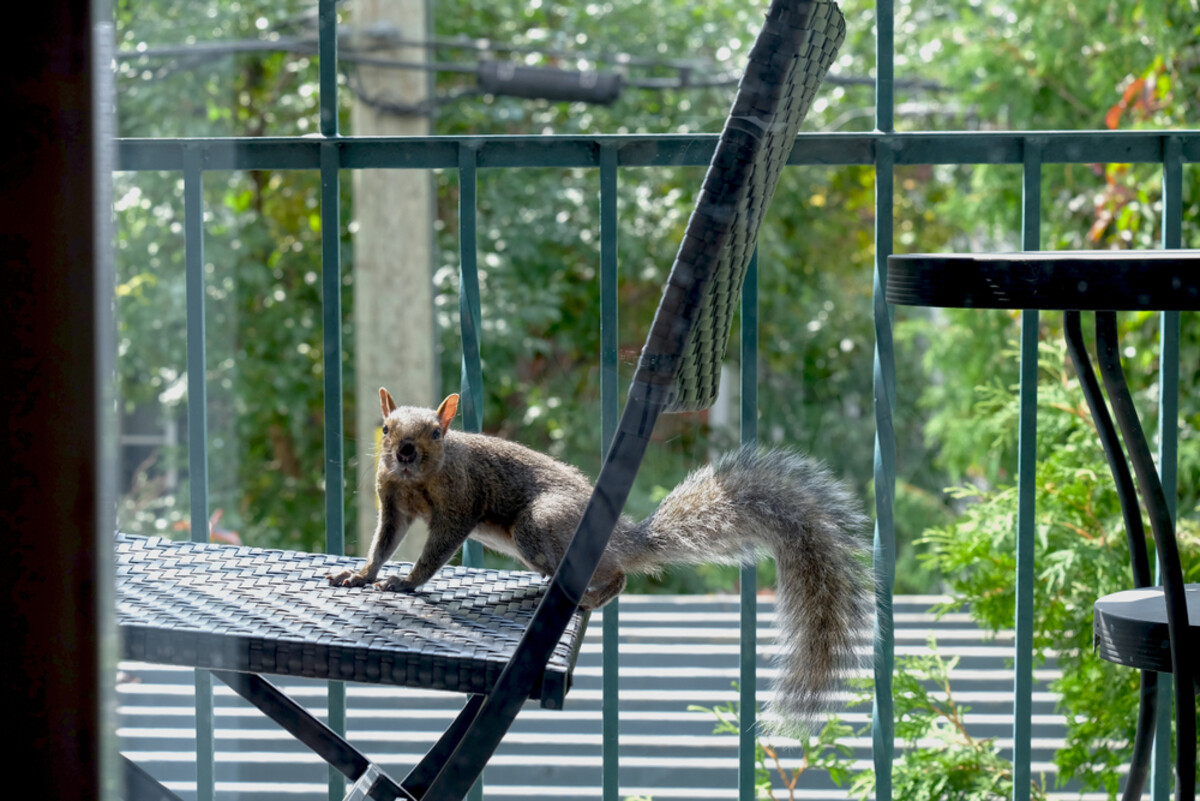
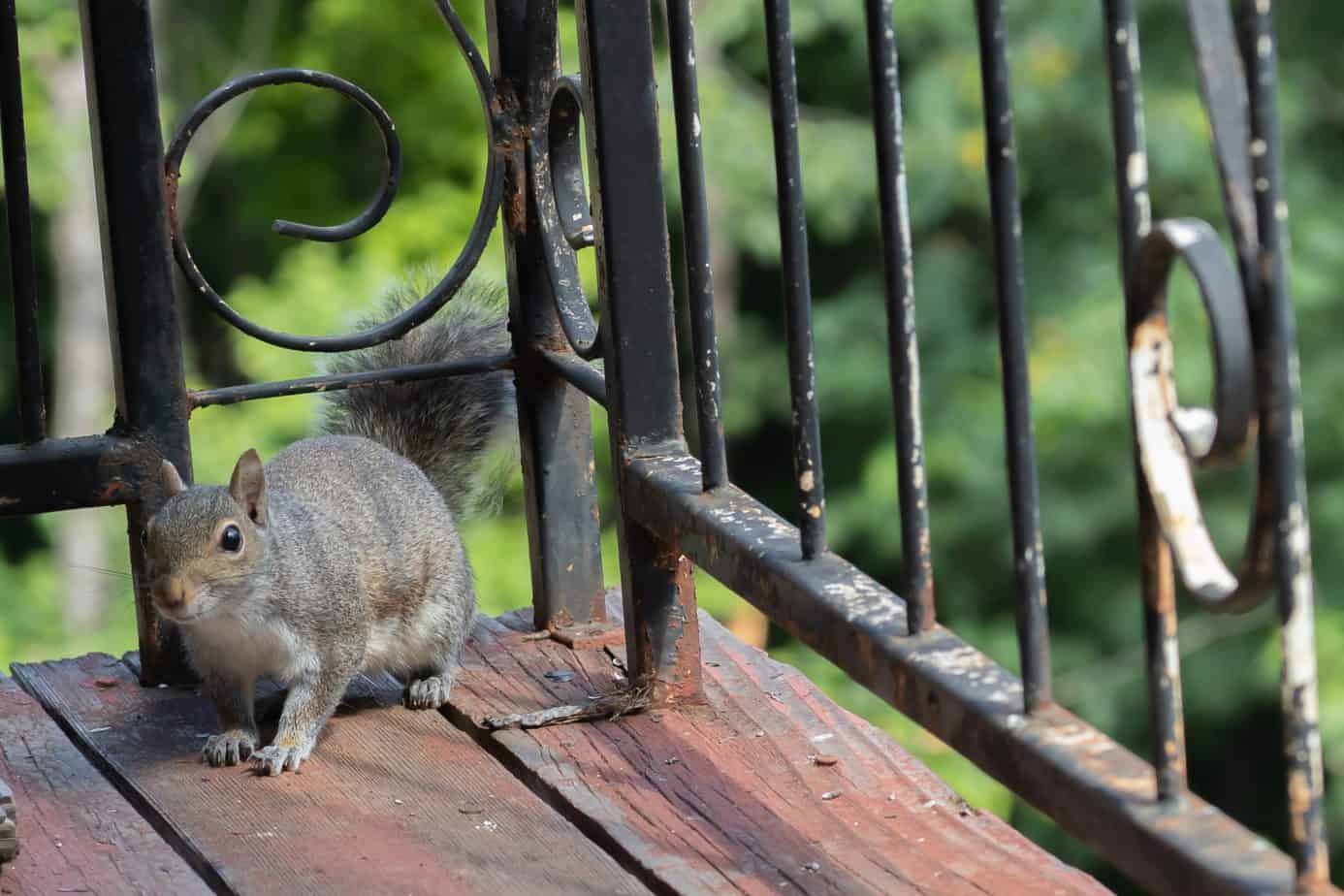
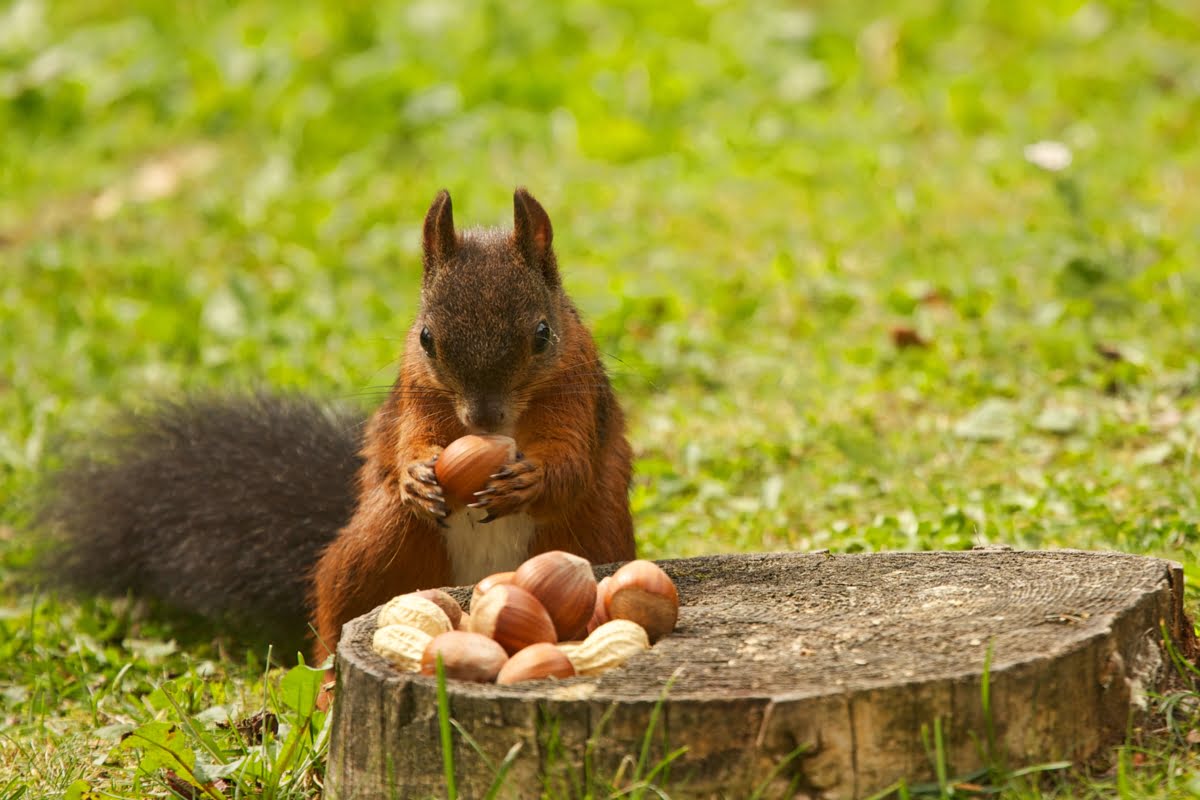
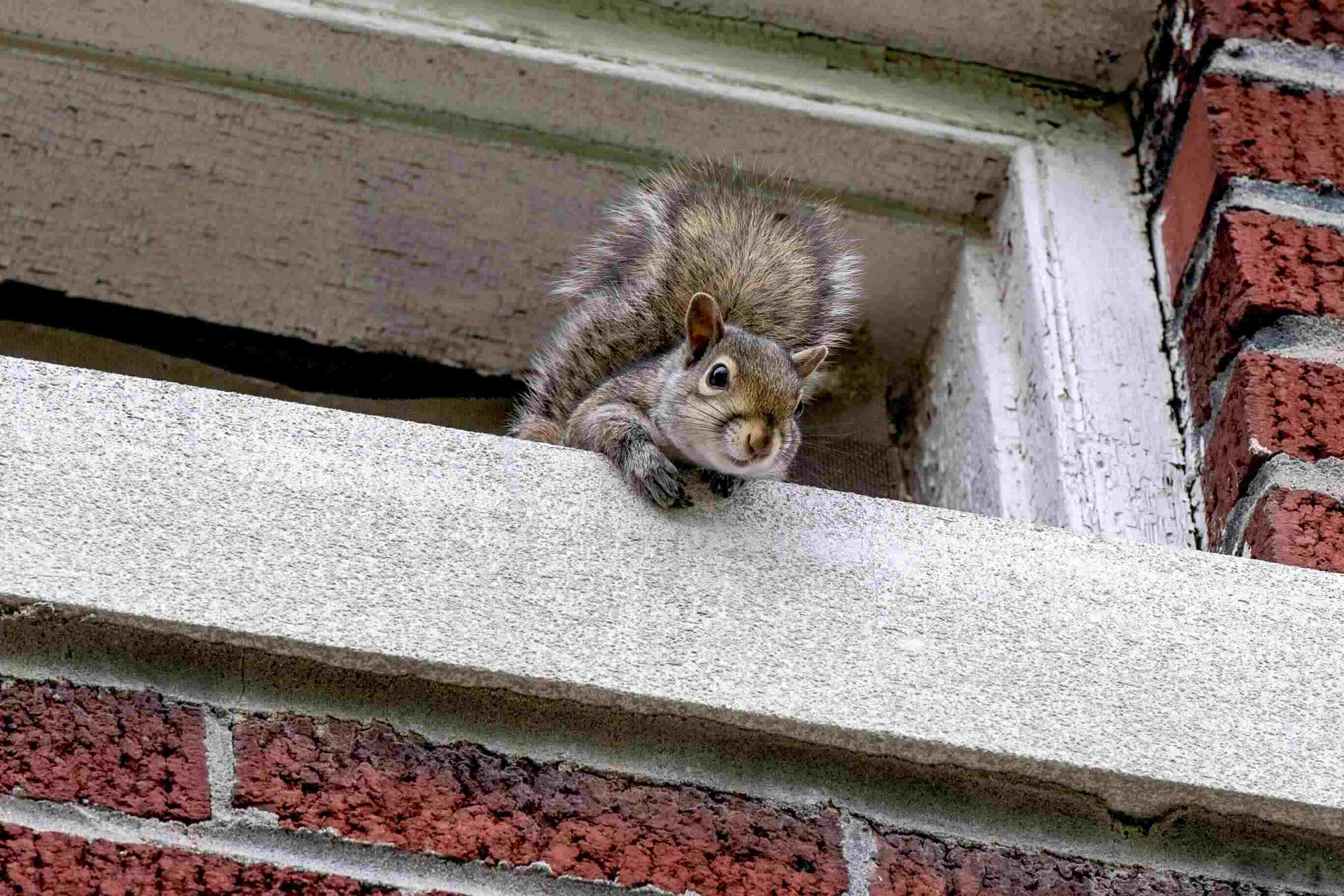
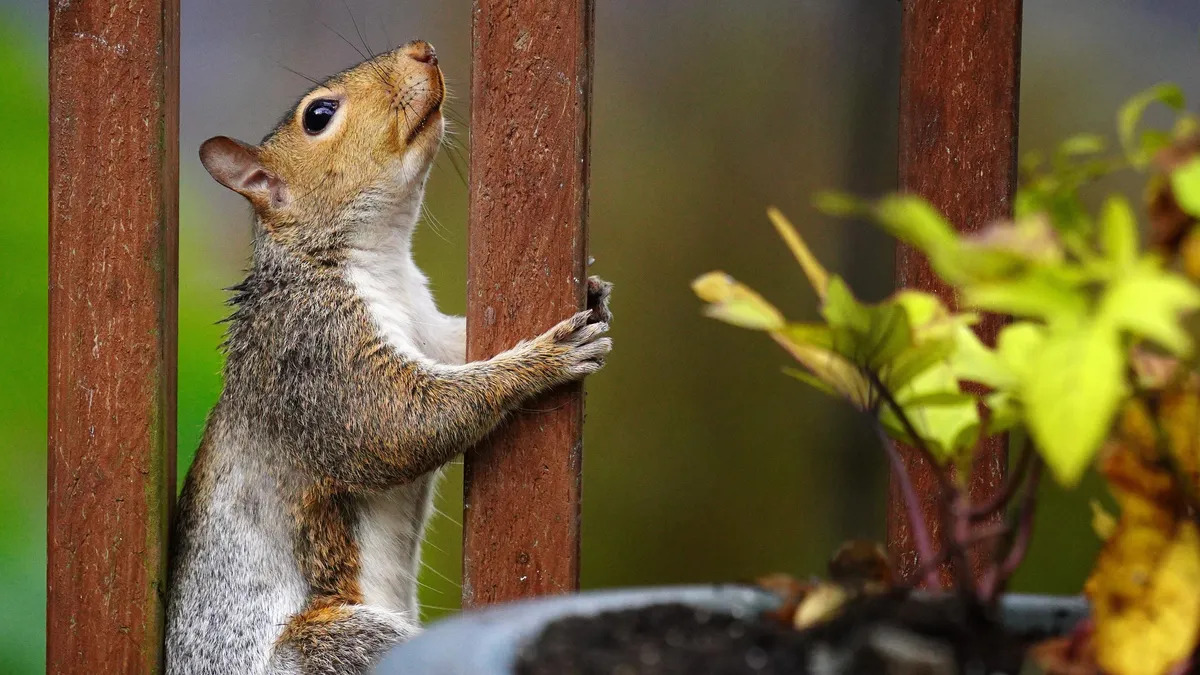
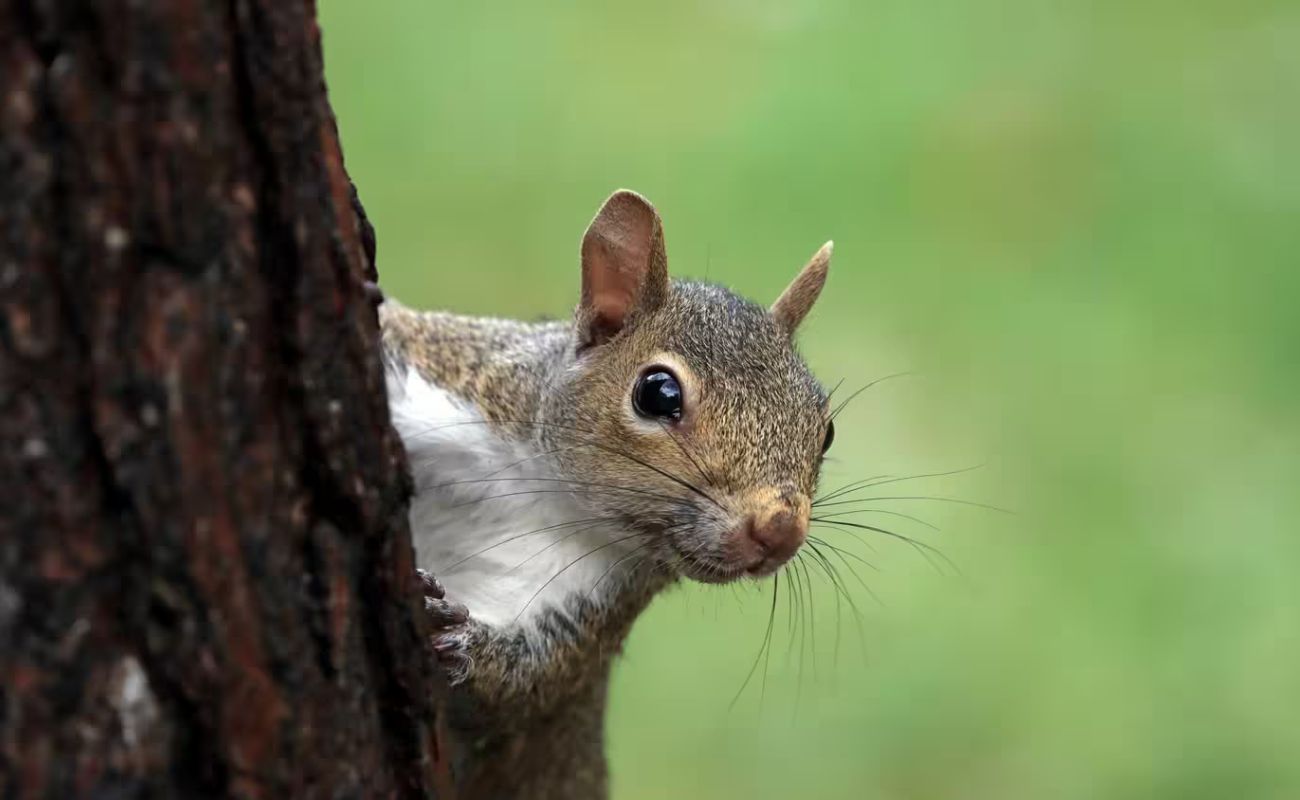
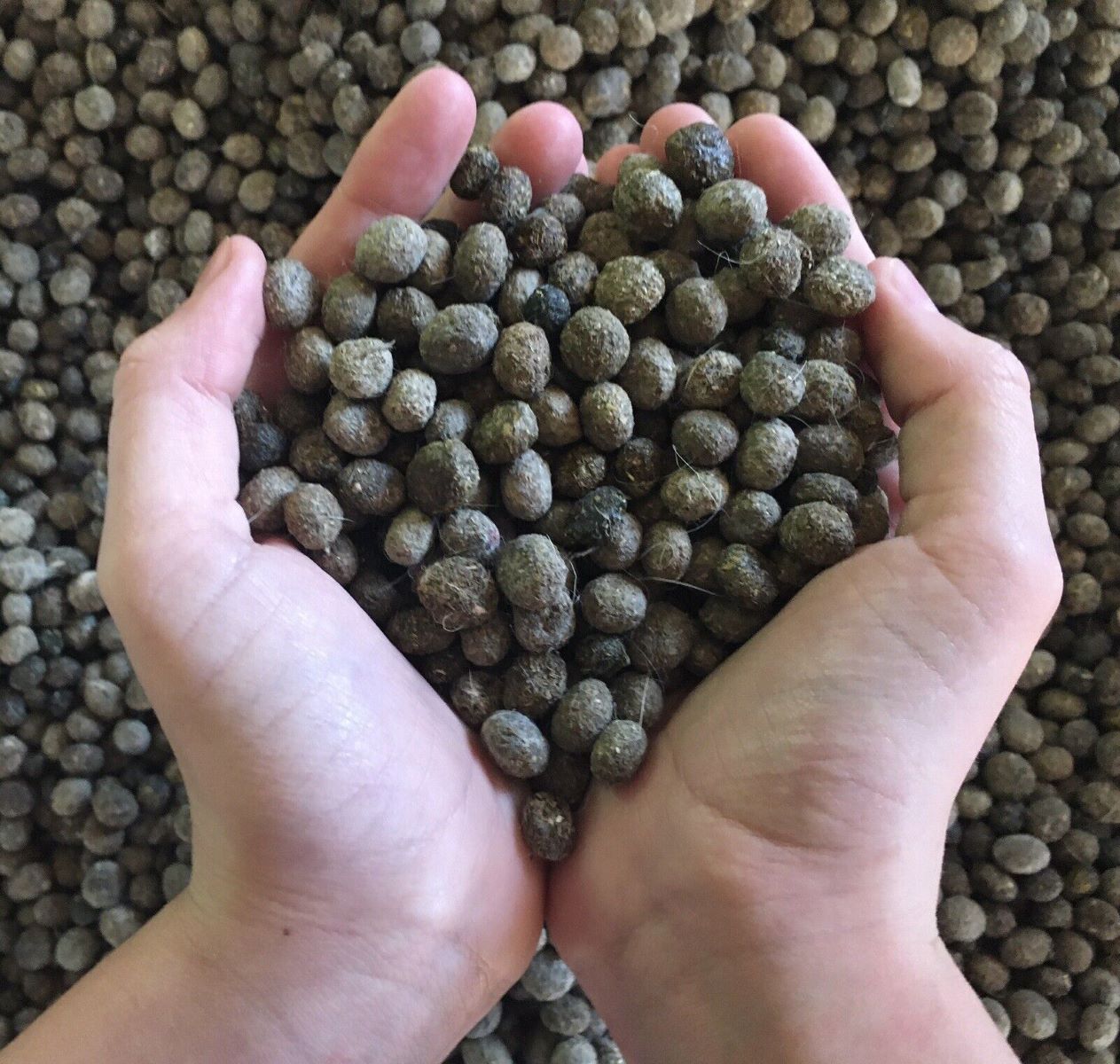
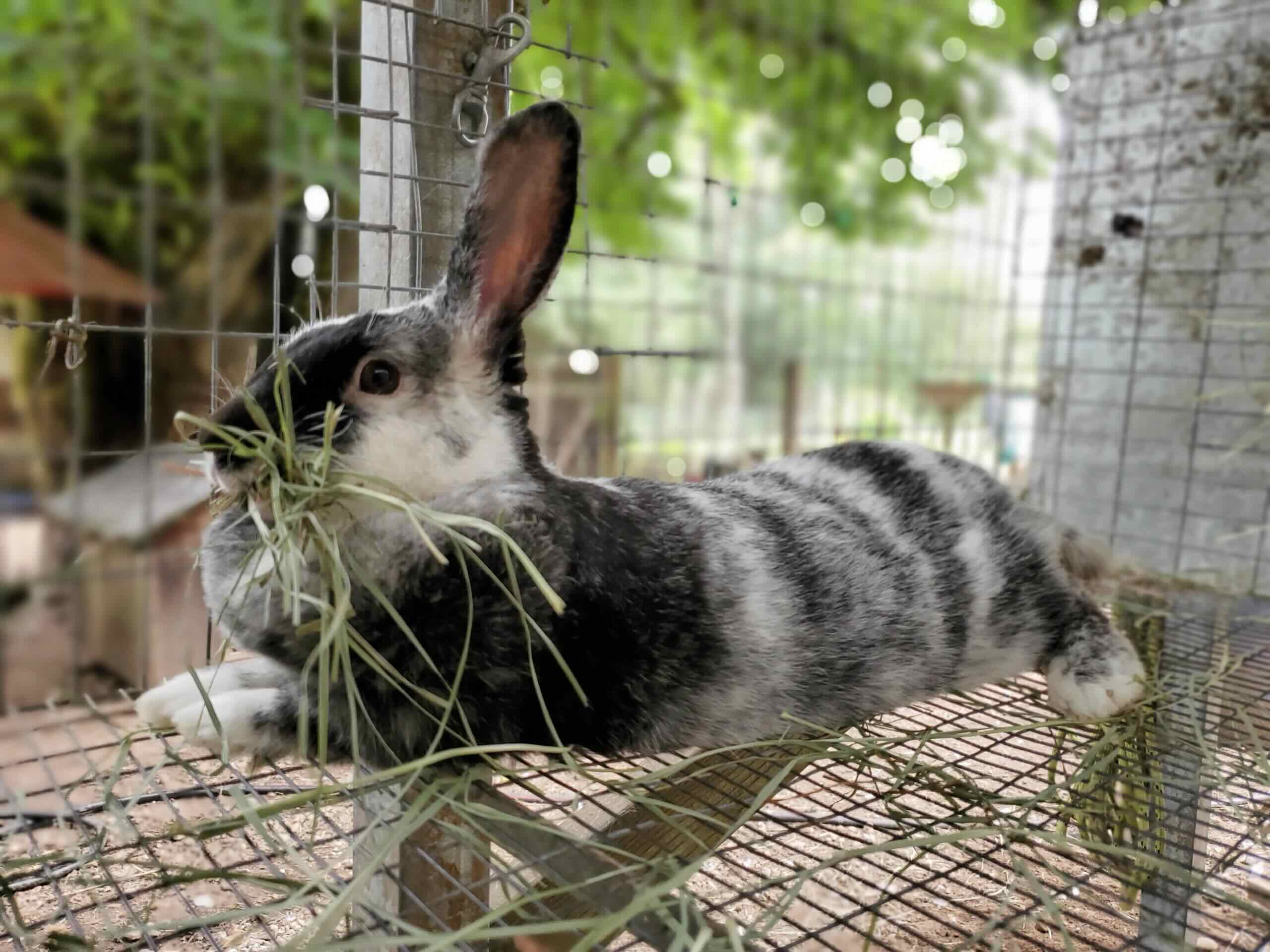
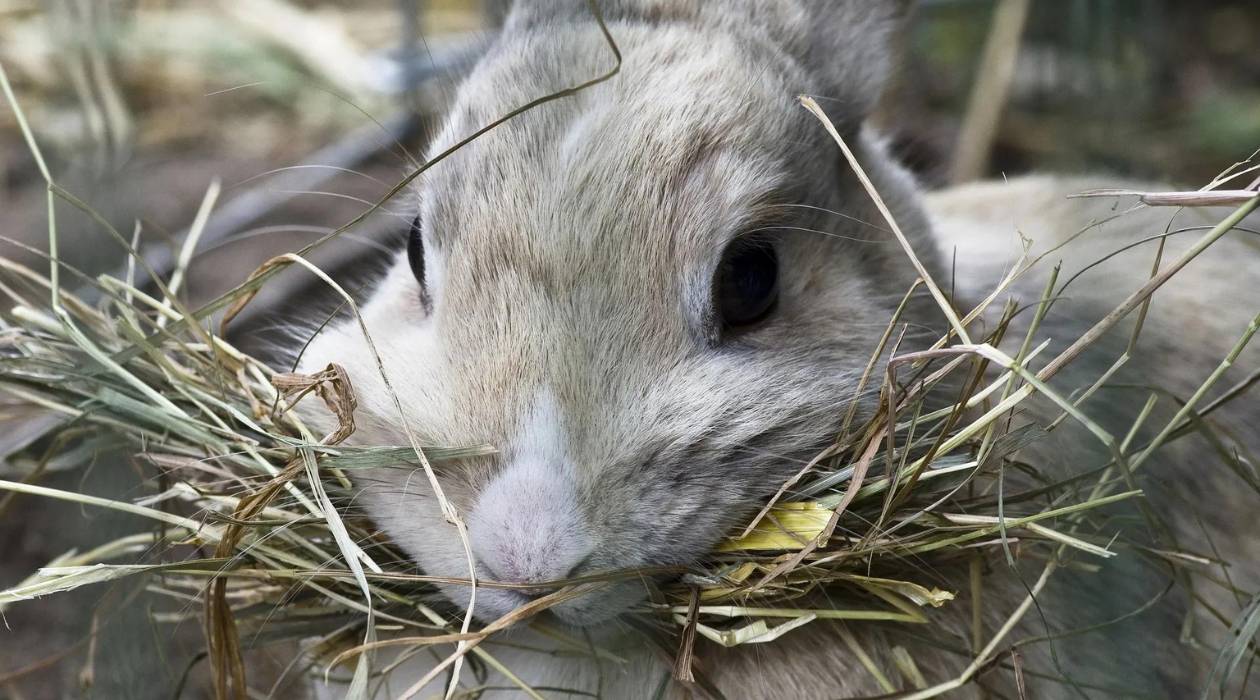
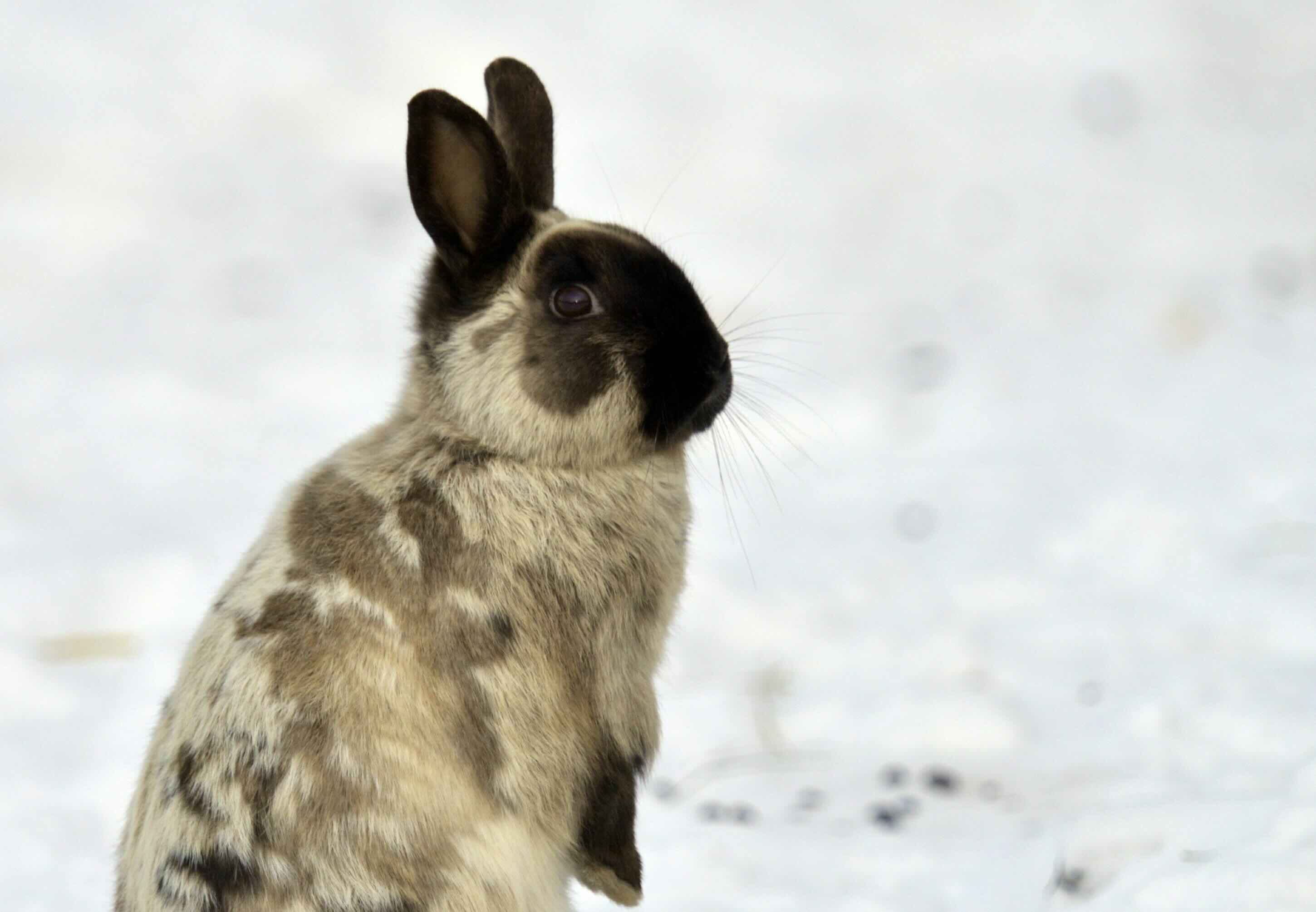

0 thoughts on “How To Keep Squirrels And Rabbits Out Of Garden”